Low Residency Master of Fine Arts in Narrative Media Writing
Low Residency Master of Fine
Arts in Narrative Media Writing
Earn your Master of Fine Arts in Narrative Media Writing and write a publishable nonfiction manuscript or a marketable screenplay in two years. There are two tracks offered in our low-residency MFA program: Narrative Nonfiction and Screenwriting.

Overview
Do you want to write a nonfiction book or a marketable screenplay and earn a Master of Fine Arts in just two years? We offer a low-residency program at the Grady College of Journalism and Mass Communication, home of the Peabody Awards and one of the top journalism schools in the country.
Our program is designed to help writers hone their skills and generate work that will be published and produced.
Our program is at once rigorous and supportive. We expose students to a roster of diverse and accomplished authors, screenwriters, literary agents and other industry professionals who work with our students in an inclusive and inspiring learning environment that nurtures each writer’s emerging craft and voice. We offer students an unparalleled opportunity to develop narrative journalism and screenwriting skills that will equip them for long and varied careers.
Students explore long-form storytelling through research-based narratives that rise to the level of literature.
Educates students in new creative opportunities in telling stories that matter for large and small screens.
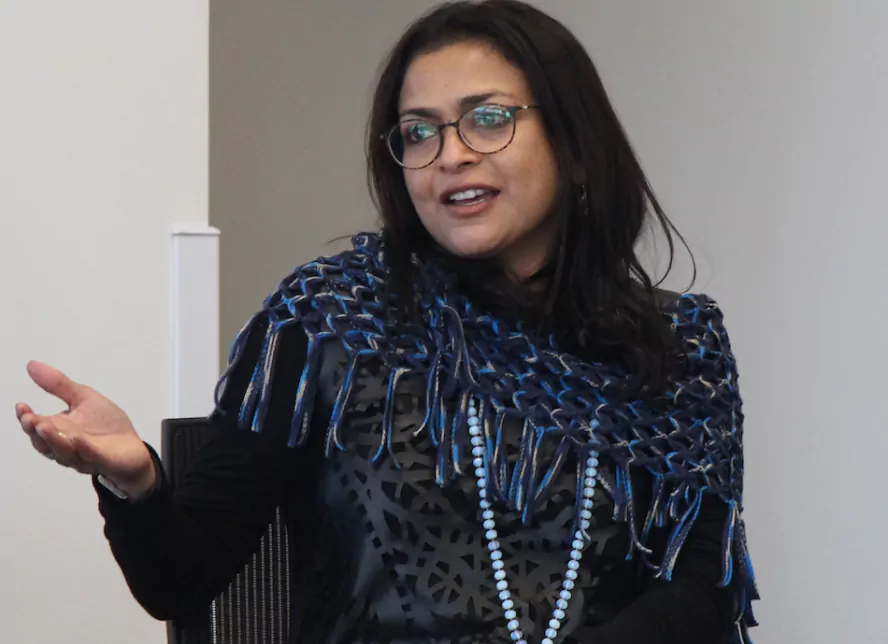
MFA Narrative Nonfiction
Director Moni Basu
Moni Basu is the director of the low-residency Master in Fine Arts in Narrative Nonfiction program and the Charlayne Hunter-Gault Distinguished Writer in Residence at Grady College. Basu has been a distinguished professor of practice at Grady College since 2015, serving as a visiting writer and mentor in the nonfiction MFA program launched by the late Valerie Boyd, who died in February 2022.
Previously, Basu was the Michael and Linda Connelly Lecturer in Narrative Nonfiction at the University of Florida College of Journalism and Communications. She was named UF’s Teacher of the Year in 2020.
Before teaching, Basu was an award-winning senior writer at CNN and a reporter for the Atlanta Journal-Constitution. She covered the Iraq War and wrote an e-book, “Chaplain Turner’s War.” Basu has also served as an editor-at-large for The Bitter Southerner and The Groundtruth Project.
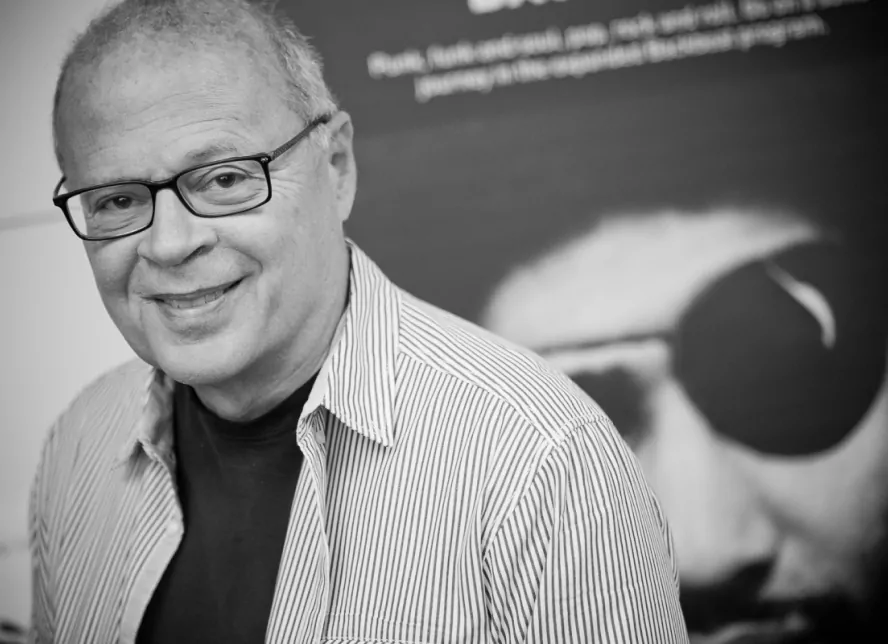
MFA Narrative Screenwriting
Director Nate Kohn
Kohn directs the low-residency MFA Screenwriting program, in addition to serving as a professor in Entertainment and Media Studies and director of Ebertfest, the Roger Ebert Film Festival. Dr. Kohn teaches advanced screenwriting, producing for film/television, documentary film, and qualitative methods and directs the Cannes Film Festival and Cannes Lions Study Abroad programs.
Dr. Kohn is an award-winning producer of feature films and television programs. He produced “Zulu Dawn” starring Burt Lancaster and Peter O’Toole; the independent feature “Somebodies,” which premiered at Sundance (2006) and the feature length documentary “Bayou Maharajah” that premiered at the SXSW Festival (2013), among others. He also produced the Emmy Award-winning short documentary, “Ebertfest 2012;” and he was executive producer of several Peabody Awards specials for PivotTV/Participant Media (2014, 2015 and 2016). He has served on juries and mentored screenwriters at the Atlanta, Hawaii, Kerala and Bahamas International Film Festivals. He is a board member of the Arkansas Cinema Society, and is the author of of the book “Pursuing Hollywood: Seduction, Obsession, Dread” (AltaMira Press, 2006), and numerous scholarly articles.
Low-Residency MFA in Narrative Nonfiction
OVERVIEW
The narrative nonfiction concentration places journalism at its core, unlike many other low-residency programs. It is designed for students who want to develop their research, reporting, and writing skills to take on topics of national and global importance, beyond the self-focused genres of memoir and personal essay. The narrative nonfiction concentration is for people who have had some writing experience, but who want to explore long-form storytelling research-based narratives that rise to the level of literature. It’s ideal for mid-career journalists and other industry professionals who want to elevate their careers and write a book. This program paves the way for nonfiction writers to use their talents and skills to engage the world.
THE RESIDENCY
The residency portions of the MFA Narrative Nonfiction program run for eight days, with students immersing themselves in an intensive writing environment for a full, enriching week. The residency provides students with the opportunity to build a sense of community with their peers and to engage in a serious, focused study with their faculty mentors. Each residency includes daily seminars and craft lectures, as well as panel discussions and readings by faculty members, visiting writers, editors, agents, and other publishing and entertainment-industry professionals.
MFA in Narrative Nonfiction
Visit UGA Online for more details about program admissions, cost, mentors, financial aid and curriculum.
Low-Residency MFA in Screenwriting
The MFA Screenwriting concentration is designed for feature film and television writers who want to take their writing skills to the next level and who understand the advantages that the MFA degree affords. The screenwriting degree program is aimed at both experienced writers and passionate first-time screenwriters who want to explore new creative opportunities in telling stories that matter for large and small screens. The screenwriting degree program allows students to work one-on-one with experienced mentors who are currently vital members of the entertainment community and who understand the challenges and opportunities found in new technologies. Most of all, the program is for writers who value the power, purpose, and meaning of stories well told.
THE RESIDENCY
The residency portions of the MFA Screenwriting program run for eight days, with students immersing themselves in an intensive writing environment for a full, enriching week. The residency provides students with the opportunity to build a sense of community with their peers and to engage in a serious, focused study with their faculty mentors. Each residency includes daily seminars and craft lectures, as well as script readings and discussions, visiting scriptwriters, directors, and other publishing and entertainment-industry professionals.
MFA in Screenwriting
Visit UGA Online for more details about program admissions, cost, mentors, financial aid and curriculum.
Photo Gallery
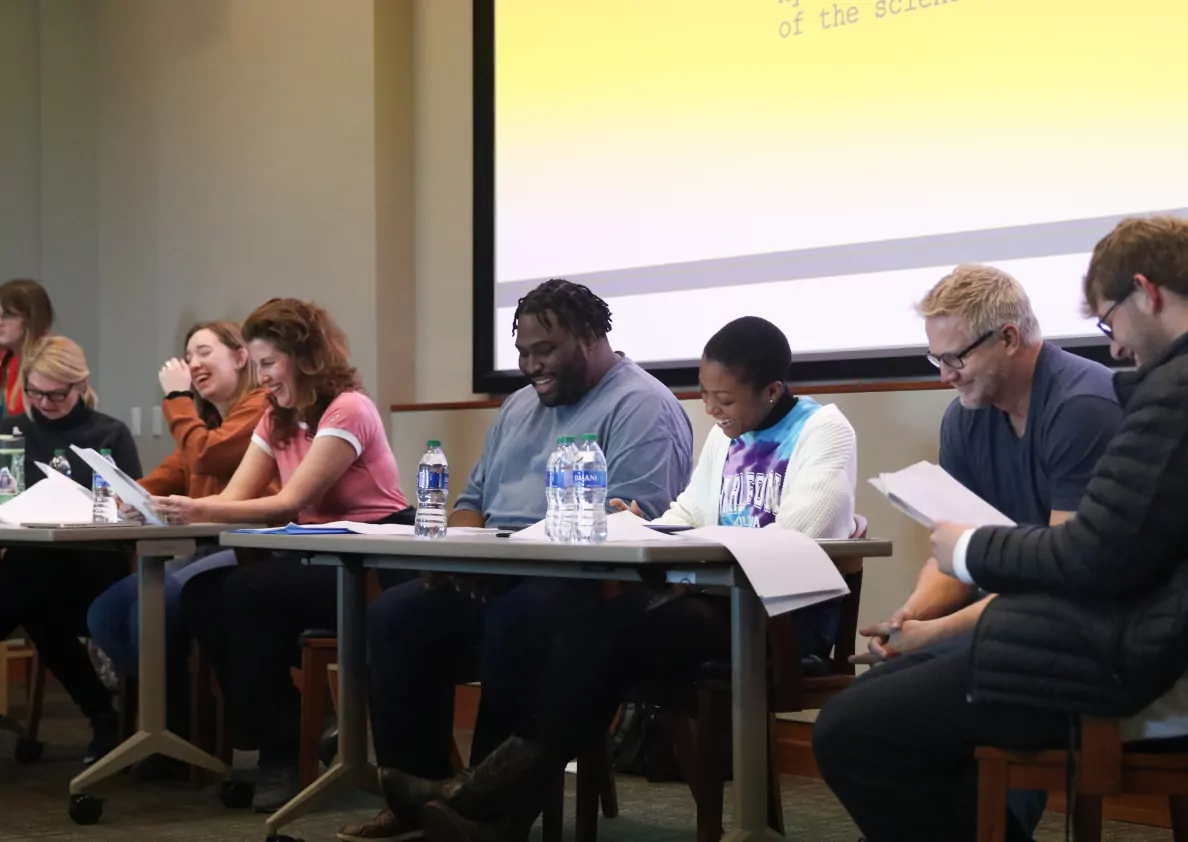
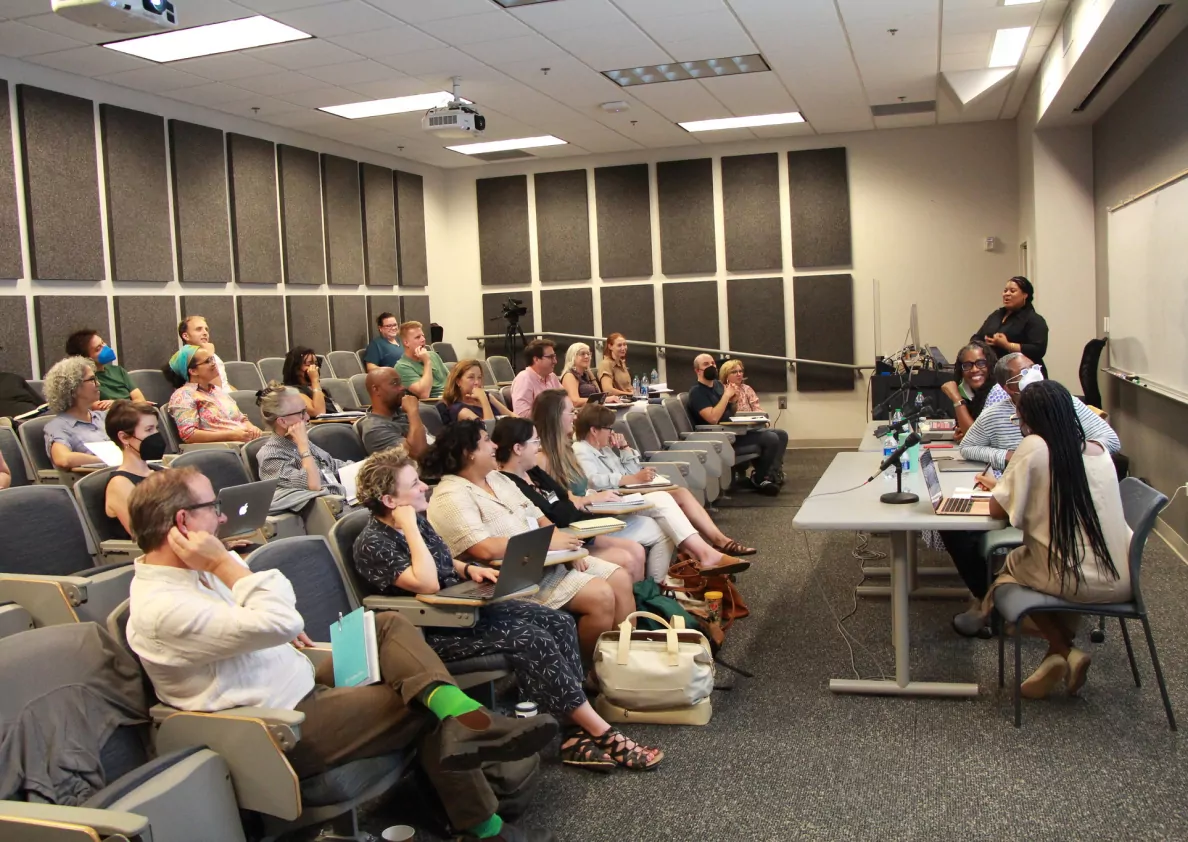
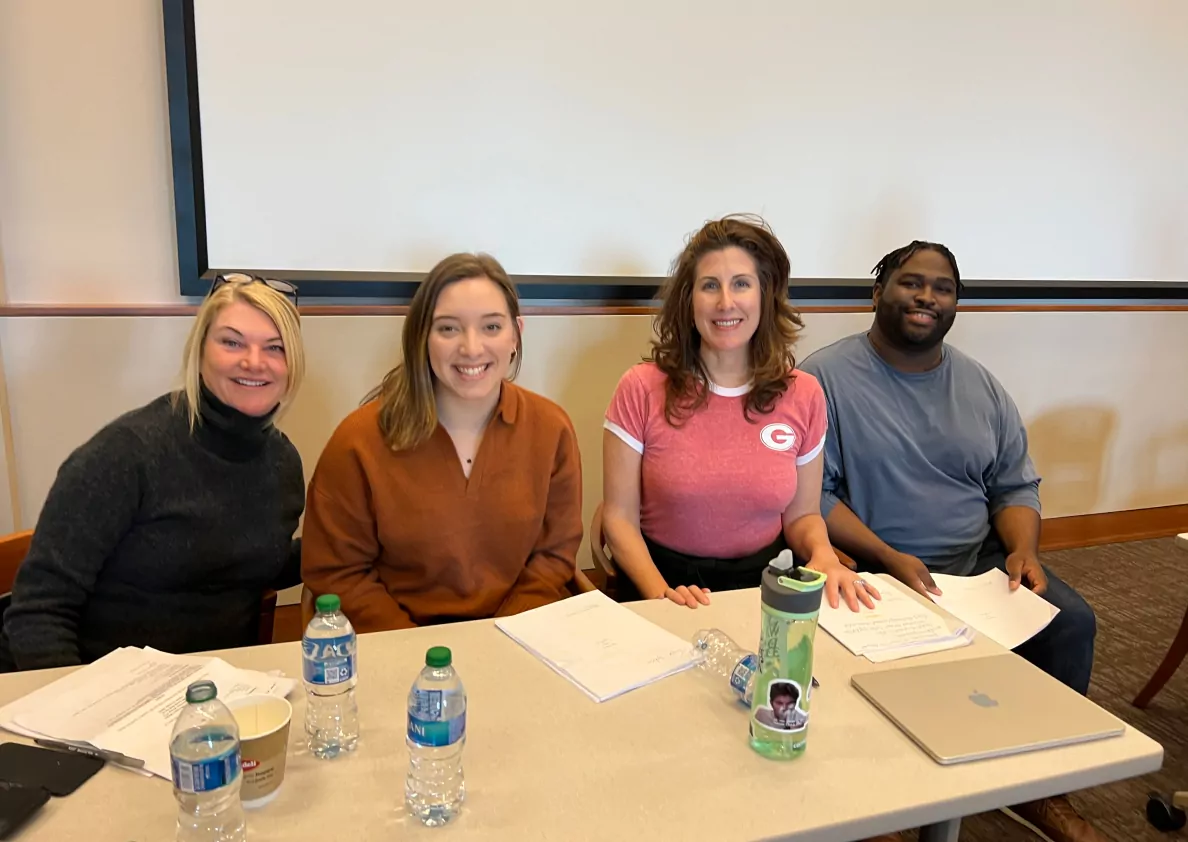
The Latest
Read the newest headlines, get updates and discover events happening at Grady.

Tamlin Hall named director of MFA Film, Television and Digital Media program
Tamlin Hall, an Emmy Award-winning filmmaker, director, producer, educator and non-profit founder, has been named the new director of the University of Georgia Master of Fine Arts in Film, Television […]

Alumnus mentors student during summer and fall internship
This past summer, public relations student, Brigette Ramirez, interned for Grady alumnus, Jeremy Friedman (ABJ ’96), at Outlyr in Dallas, Texas. Following is an interview with Ramirez and Friedman about […]

Levin Leaders to document best practices in leadership through podcasts
The Cox Institute’s leadership program, which is 14 years old this year, has added a new immersive exercise to its training. Each of the 10 Levin Leaders are responsible for […]

Grady College celebrates Fall 2025 graduates
Amidst messages of perseverance, determination and accomplishment, nearly 150 Grady College students were celebrated during Grady College Fall Convocation ceremonies on Dec. 11, 2025. The ceremony took place at the […]

Katina Inglis selected as senior orator for Grady College Convocation
Katina Inglis, a public relations major and fashion merchandising minor from Alapharetta, Georgia, has been selected as the Fall 2025 senior orator for the Grady College Convocation. Grady’s Convocation takes […]

Profiles of Tenacity: Natalie Hope
Natalie Hope is a fourth year public relations major with a minor in religion set to graduate in December 2025. She currently serves as a Grady Ambassador and is a […]
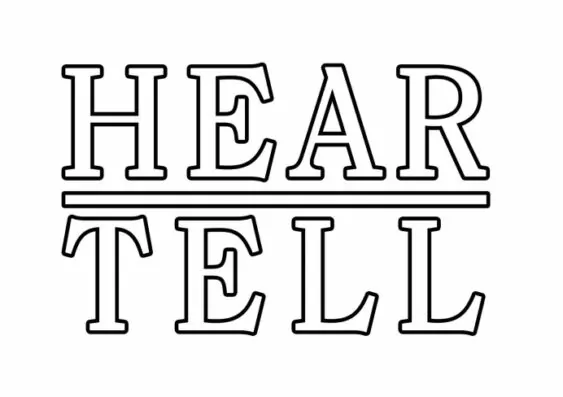
Hear tell Podcast
Listen to the narrative nonfiction podcast Hear-Tell which features writing from current low-residency MFA students, alumni, faculty and visiting lecturers.
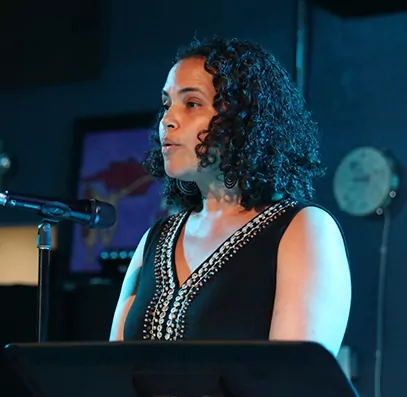
PERSPECTIVES
“I am excited to be a part of a team of alumni, students, and faculty that want to keep talking about true stories and how we tell them.”
Josina Guess
(MFA ’23), about the Hear-Tell podcast
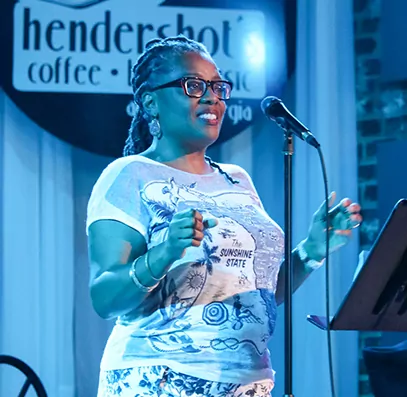
PERSPECTIVES
“This program changed the trajectory of my life, and it can do the same for others.”
Roz Bentley
(MFA ’17), graduate and Nonfiction mentor
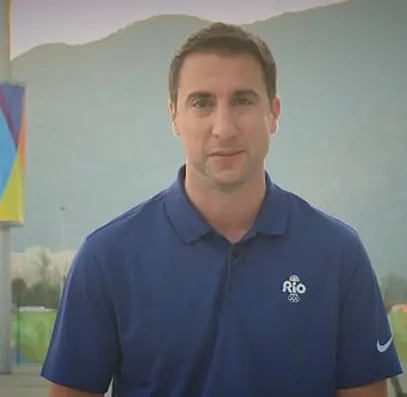
PERSPECTIVES
“In each case, the mentors challenged me, forced me to ask questions about my writing that I haven’t thought about, and offered a different perspective based on life experience, based on background, based on their own paths as a writer.”
Matt Pearl
(MFA ’19), national correspondent, E.W. Scripps
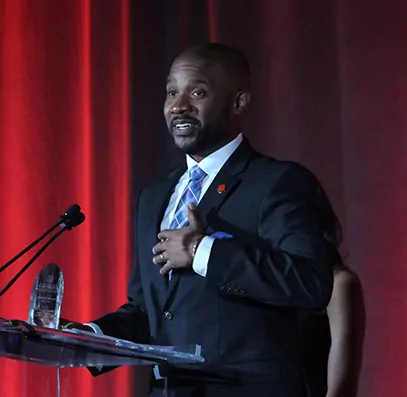
PERSPECTIVES
“I get the biggest satisfaction working with the MFA students,” Hand continued. We are here to help create some really cool projects that hopefully will help someone go out into the marketplace or help them get their degrees to help with education.”
Hadji Hand
(ABJ ’98), screenwriting mentor
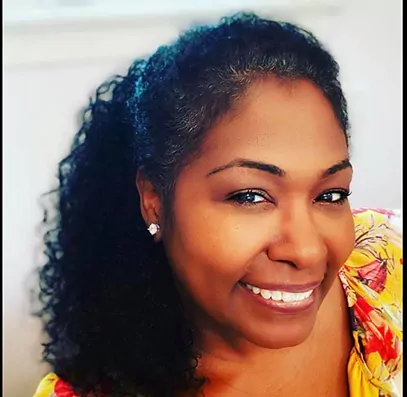
PERSPECTIVES
“As a filmmaker, I understood structure and the basics, but my mentors helped me elevate my understanding and execution for creating impactful stories. It’s a master class, not a basic class.”
Wendy Eley Jackson
(MFA ’19), founder and executive producer of Auburn Avenue Films
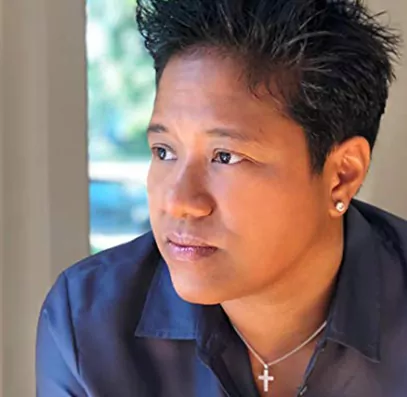
PERSPECTIVES
“I try to teach students sound screenplay structure and then push them to find their own voices within the structure and to come up with something unique and viable.”
Christine Swanson
screenwriting mentor
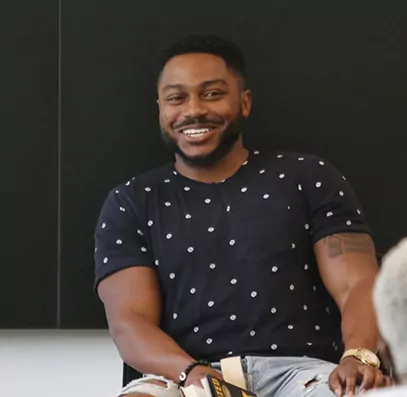
PERSPECTIVES
“The program exemplifies the difference between good teachers who can identify potential and great teachers who know how to pull that potential out of you for everything it’s worth.”
Brandon Fleming
(MFA ’21), author of “Miseducated: A Memoir”
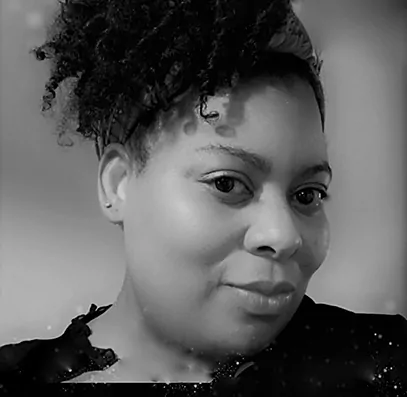
PERSPECTIVES
“This program is refreshingly different than the typical MFA program. It’s a positive and supportive community where folks really look out for one another and contribute to their peers’ development throughout the program and beyond.”
KaToya Fleming
(MFA ’18), Lead Editor, Lookout Books
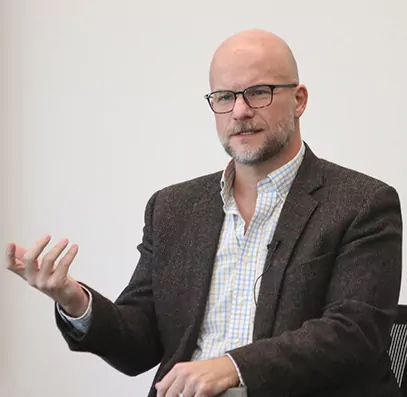
PERSPECTIVES
“I had vague ideas of what I would write but it wasn’t until I sat in my first MFA sessions that I realized how high the bar would be set, and how deeply I’d need to embed myself in a compelling story that only I could tell.”
Martin Padgett
(MFA ’18), author of “A Night at the Sweet Gum Head: Drag, Drugs, Disco, and Atlanta’s Gay Revolution”